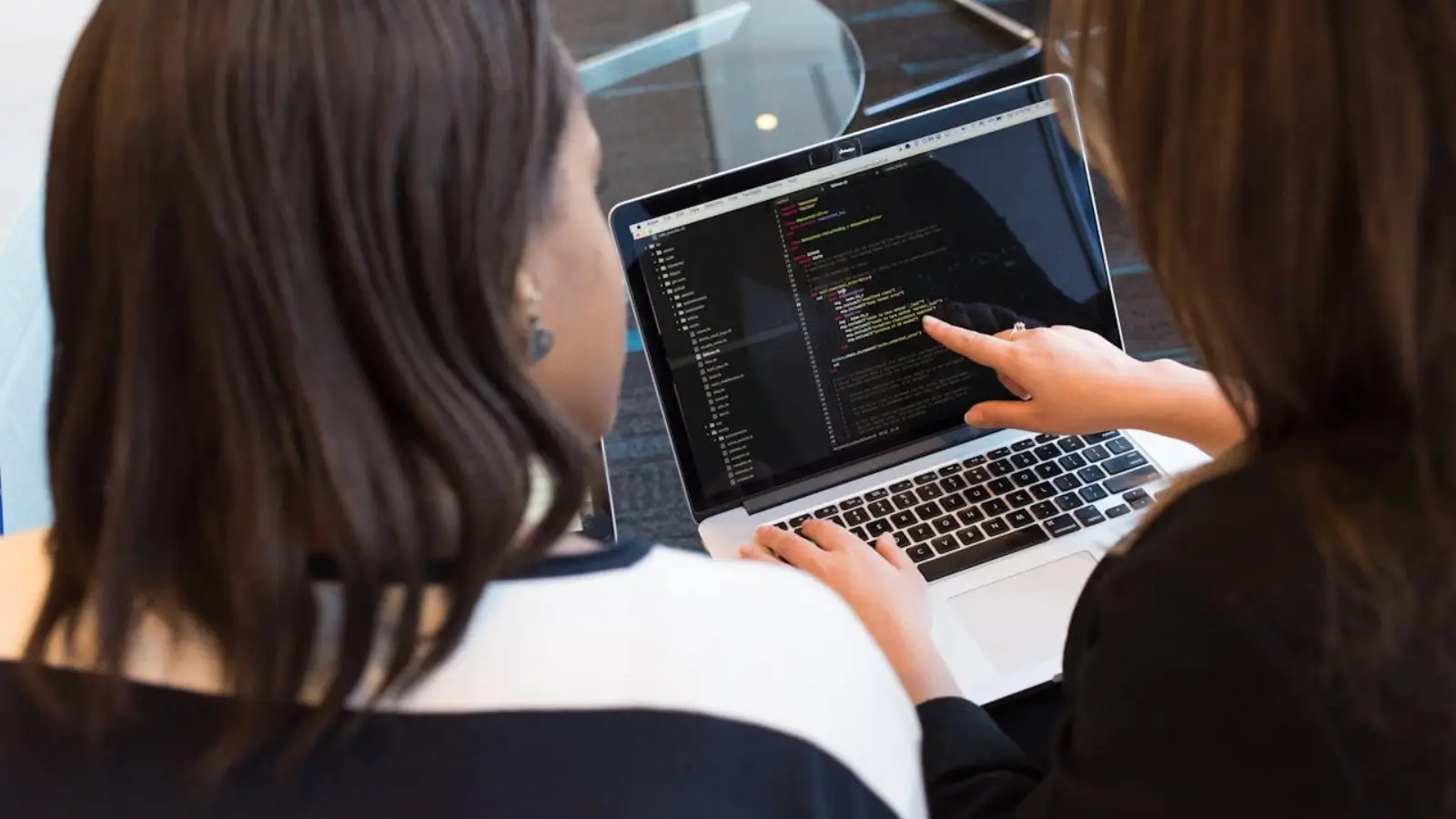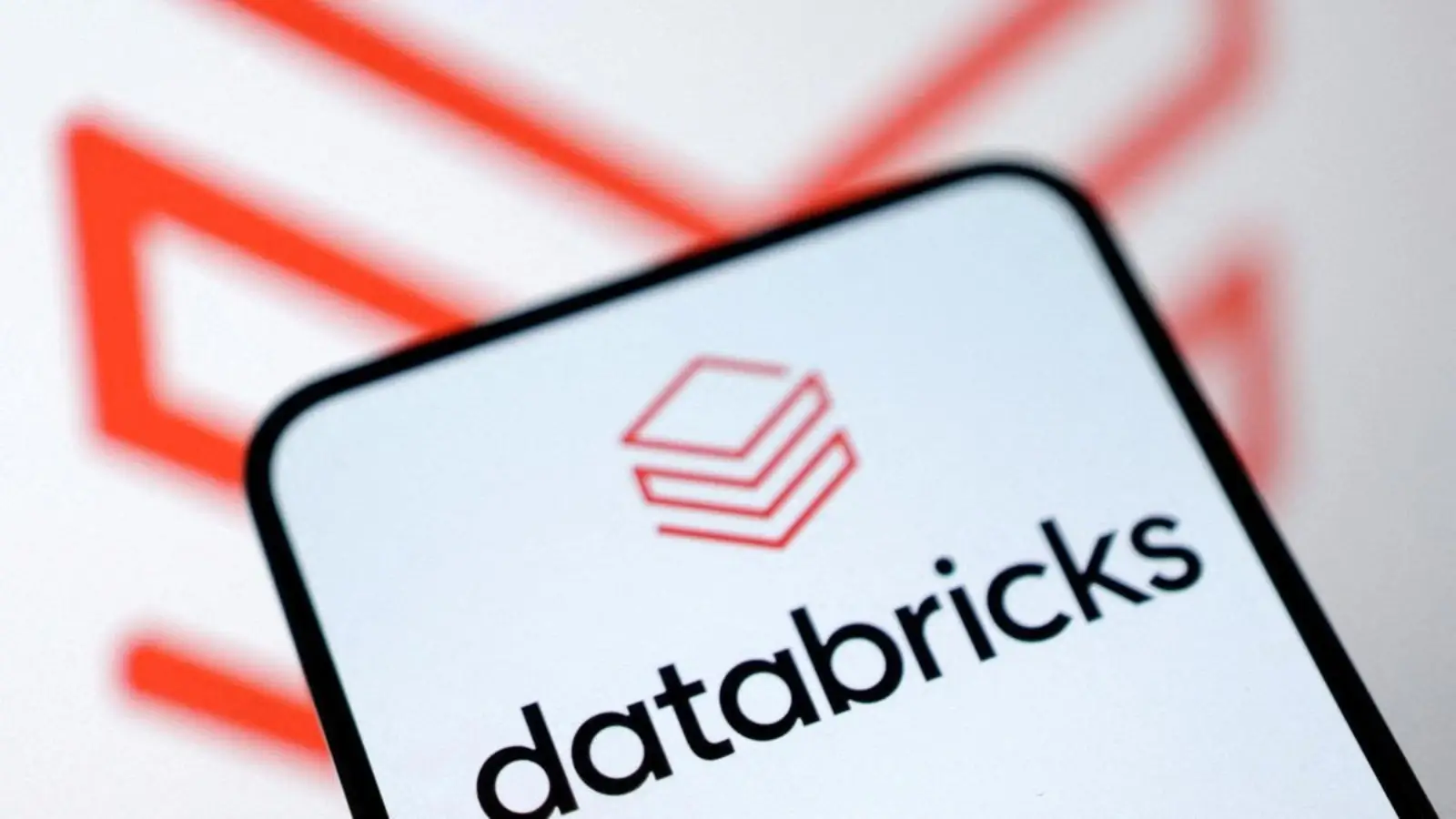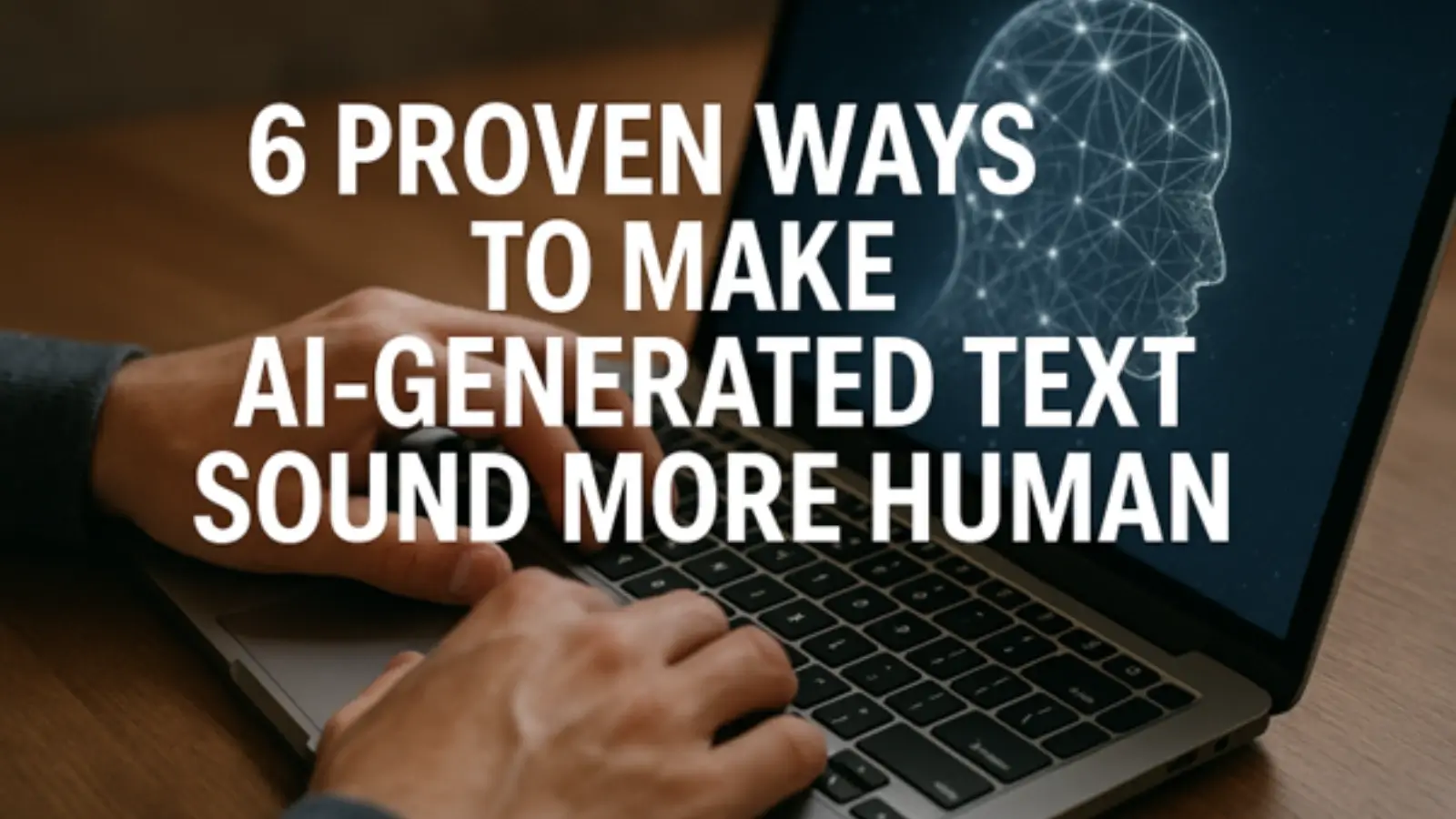OpenAI has announced the acquisition of Rockset, a company specializing in real-time search and data analytics tools. The integration of Rockset’s technology is set to enhance OpenAI’s infrastructure across its product suite, according to a post on OpenAI’s official blog. As part of this acquisition, members of Rockset’s team will join OpenAI, and existing Rockset customers will transition off the platform gradually. The financial terms of the deal have not been disclosed.
“Rockset’s infrastructure empowers companies to transform their data into actionable intelligence,” said OpenAI COO Brad Lightcap. “We’re excited to bring these benefits to our customers by integrating Rockset’s foundation into OpenAI products.”
Founded in 2016 by former Facebook engineers Venkat Venkataramani and Tudor Bosman, along with database architect Dhruba Borthakur, Rockset developed tools to automate data ingestion from databases and public cloud storage services. This data was then indexed for use in search and analytics applications, supporting functions such as recommendation engines, logistics-tracking dashboards, and chatbots in fintech and e-commerce sectors.
Before the acquisition, Rockset raised over $117.5 million from investors including Icon Ventures, Sequoia, and Greylock, as reported by Crunchbase. The company boasted high-profile clients such as Meta and JetBlue, which used Rockset’s platform for applications like flight delay prediction chatbots.
The strategic acquisition of Rockset fits into OpenAI’s broader initiative to expand its enterprise offerings and technological capabilities. In a recent blog post, OpenAI highlighted its intent to leverage Rockset’s technology to help companies better utilize their own data and access real-time information through OpenAI products. This could lead to improved tools for grounding OpenAI’s models on company-specific data, potentially reducing AI hallucinations and enabling fine-tuning for diverse business use cases.
“Advanced retrieval infrastructure like Rockset will make AI apps more powerful and useful,” said Venkataramani. “Rockset will become part of OpenAI and power the retrieval infrastructure backing OpenAI’s product suite. We’ll be helping OpenAI solve the hard database problems that AI apps face at massive scale.”
OpenAI has been aggressively investing in its enterprise sales and technology organizations. In May, the company signed an agreement with PwC to resell OpenAI’s tools to other businesses. The previous month, OpenAI launched a business-oriented custom model tuning and consulting program. These strategic moves appear to be yielding significant results, with OpenAI’s annualized revenue expected to surpass $3.4 billion this year. The enterprise tier of OpenAI’s AI-powered chatbot platform, ChatGPT, now boasts close to 600,000 users, including 93% of all Fortune 500 companies.
Rockset is OpenAI’s second public acquisition, following the purchase of Global Illumination, a New York-based startup focused on using AI to develop creative tools and infrastructure. With Rockset’s advanced data analytics capabilities, OpenAI is poised to further enhance the performance and utility of its AI applications, continuing its trajectory of growth and innovation in the AI industry.

















